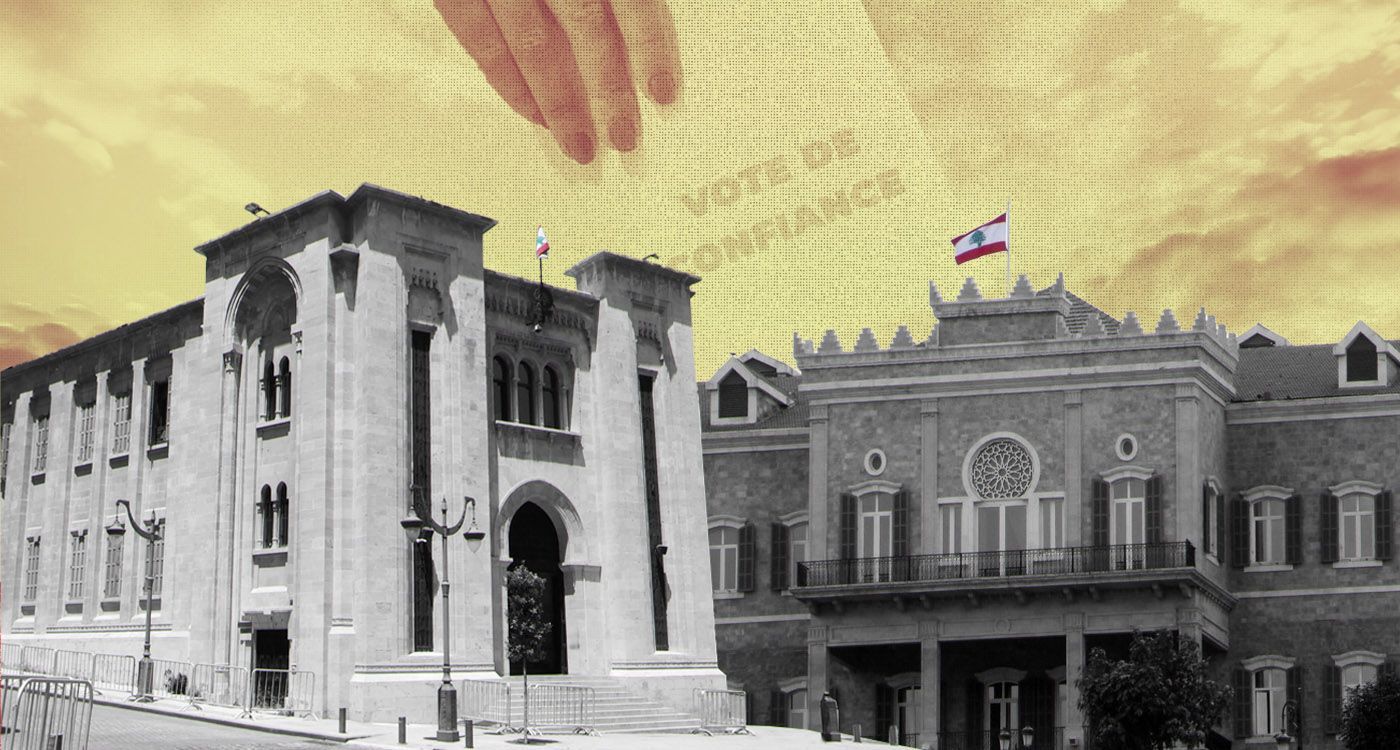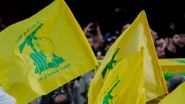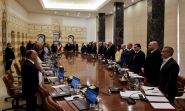
To establish its legitimacy, Nawaf Salam’s new government must overcome one final hurdle before effectively taking power. After its formation on February 8, 2025, and the drafting of its ministerial statement last Monday, the cabinet will face its ultimate challenge: gaining the confidence of Parliament.
Thus, during a plenary session scheduled for February 25 and 26, the MPs will have to show their support. The outcome could mark a turning point in Lebanon’s governance. This test will not only be crucial for the future of the government, but it could also break the institutional deadlock that has persisted since (at least) 2019.
However, before reaching that point, the pressing question on everyone’s mind is how the main parliamentary blocs will position themselves regarding the government.
Among the three main Christian blocs, two appear ready to support Salam’s cabinet. These are the Lebanese Forces (LF) and the Kataeb Party. “We are an integral part of the government and have been closely involved in drafting the ministerial statement (through the Minister of Industry, Joe Issa el-Khoury, ed.),” said a source close to the LF. The same sentiment is echoed by the Kataeb Party. However, this support is conditional, as members of both blocs expect clear commitments from Mr. Salam on certain issues. “We will certainly grant our confidence to the cabinet. However, we intend to submit a few observations on specific issues,” the sources from the LF and Kataeb insist.
The FPM: Likely Hostility
As far as the Free Patriotic Movement (FPM) is concerned, nothing is certain. Led by Gebran Bassil, the orange party could oppose the Salam government. Currently, with no ministers in the new cabinet, it no longer has any influence or direct control over executive decisions. In fact, Aounist MP Salim Aoun has already announced that the FPM is leaning towards not granting a vote of confidence to the government. According to him, “Although the content of the ministerial statement is good, the experience of forming the government with Nawaf Salam has been disappointing.” He added, “While contacts between the two parties took place, they did not reach the expected level,” which suggests a negative position during the vote.
The Shiite Duo: A Pragmatic Position?
While it is believed that Hezbollah and the Amal movement may be reluctant to grant a vote of confidence to the new government, the Shiite duo could adopt a more “measured” approach. According to some sources, their positions may be influenced by how the proposed reforms in the ministerial statement align with their political priorities and strategic interests. It is therefore difficult to assess, at this stage, their support or opposition, as they may adjust their decision depending on the “guarantees” they receive.
Will They/Won’t They Grant Confidence to the Government…
For the Future Movement, whose return to the political scene is closely tied to the restoration of relations with certain stakeholders, notably the LF, and the strengthening of ties with the “new administration,” a vote of confidence seems plausible. On February 14, the party leader, Saad Hariri, expressed his support for both the President of the Republic, Joseph Aoun, and Prime Minister Salam. He also informed his supporters that the Future Movement would have its place in upcoming national events, hinting at the legislative elections expected in 2026.
An influential player in Lebanese politics, the Progressive Socialist Party (PSP), whose fluctuating positions have always played a key role in parliamentary balance, could, according to its minister Bilal Abdallah, support the government. However, the PSP might press for certain measures, particularly regarding decentralization and the restoration of economic and institutional order, to be fully elaborated, a position in line with its desire to support a government capable of tackling the country’s current challenges.
As for other parliamentary blocs, while some emphasize their desire to strengthen a government that, in their view, could offer a favorable exit from the current crisis, others prefer a more in-depth analysis of the ministerial statement before taking a final position.
Therefore, if Salam’s government manages to rally a parliamentary majority, it could mark a turning point in Lebanese politics and perhaps open the door for a new era of governance. On the other hand, a lack of support could plunge the country into a new phase of uncertainty and political deadlock. The upcoming debates (with a high number of MPs expected to speak) thus promise to be decisive for Lebanon’s immediate future.




Comments